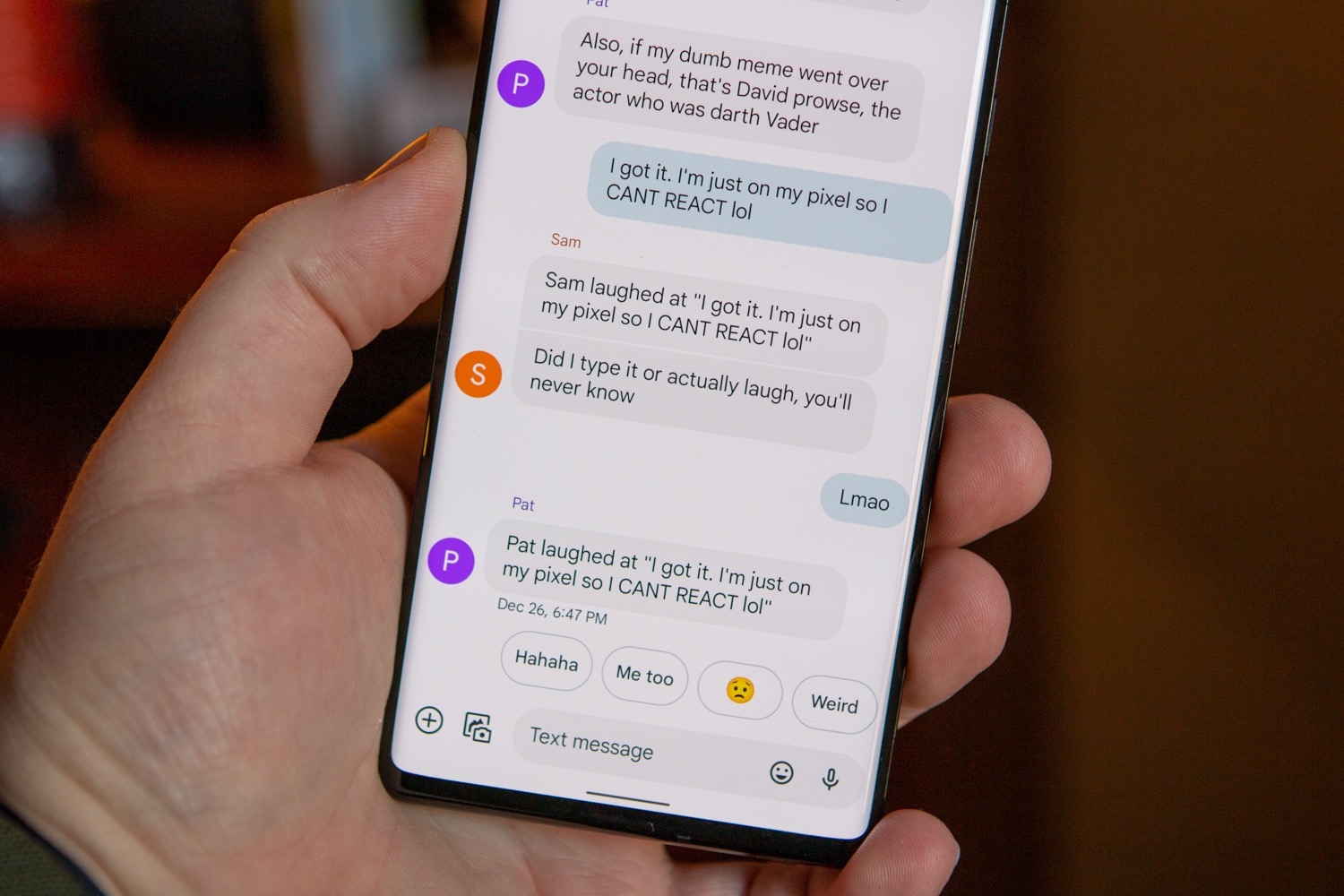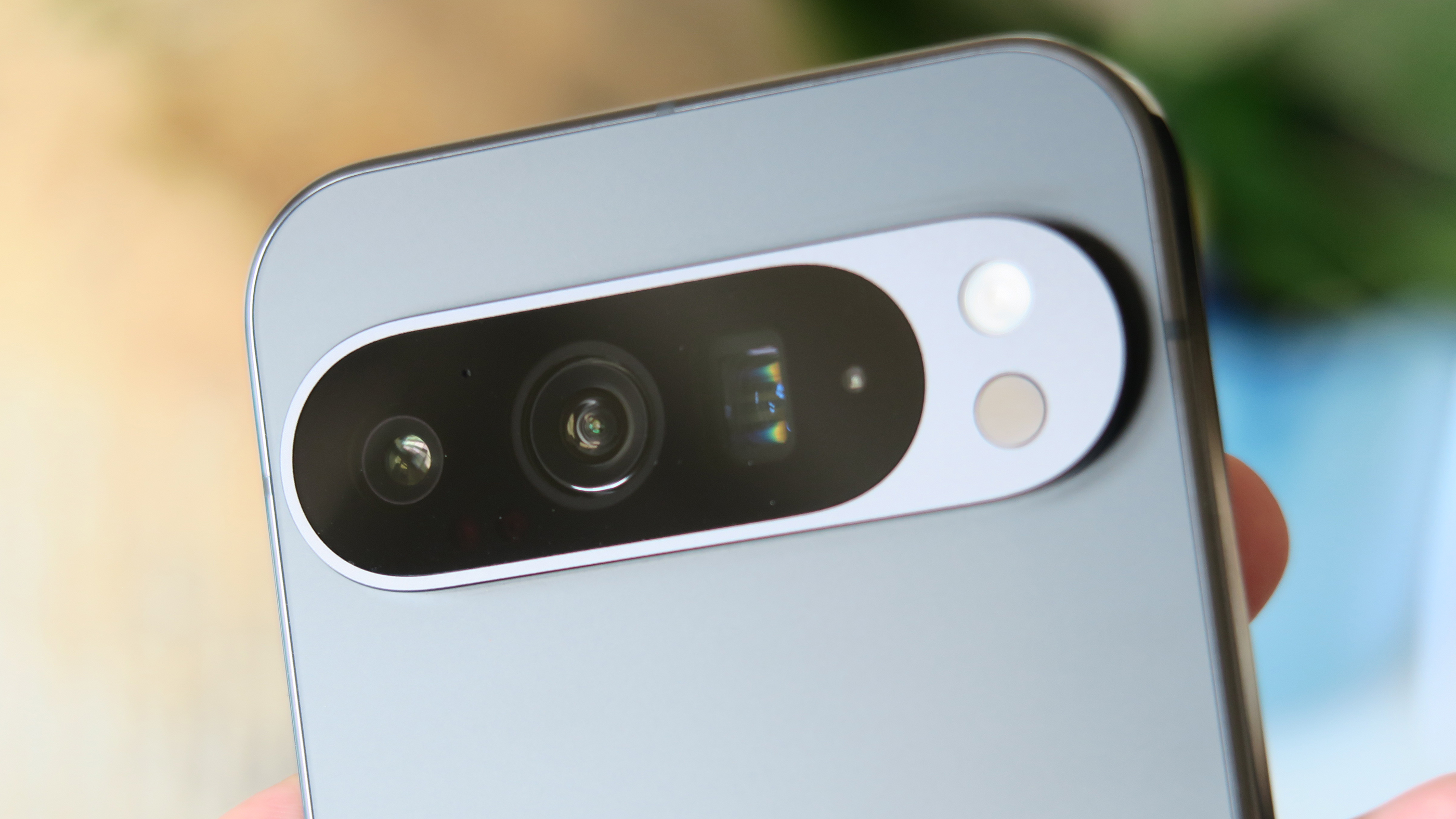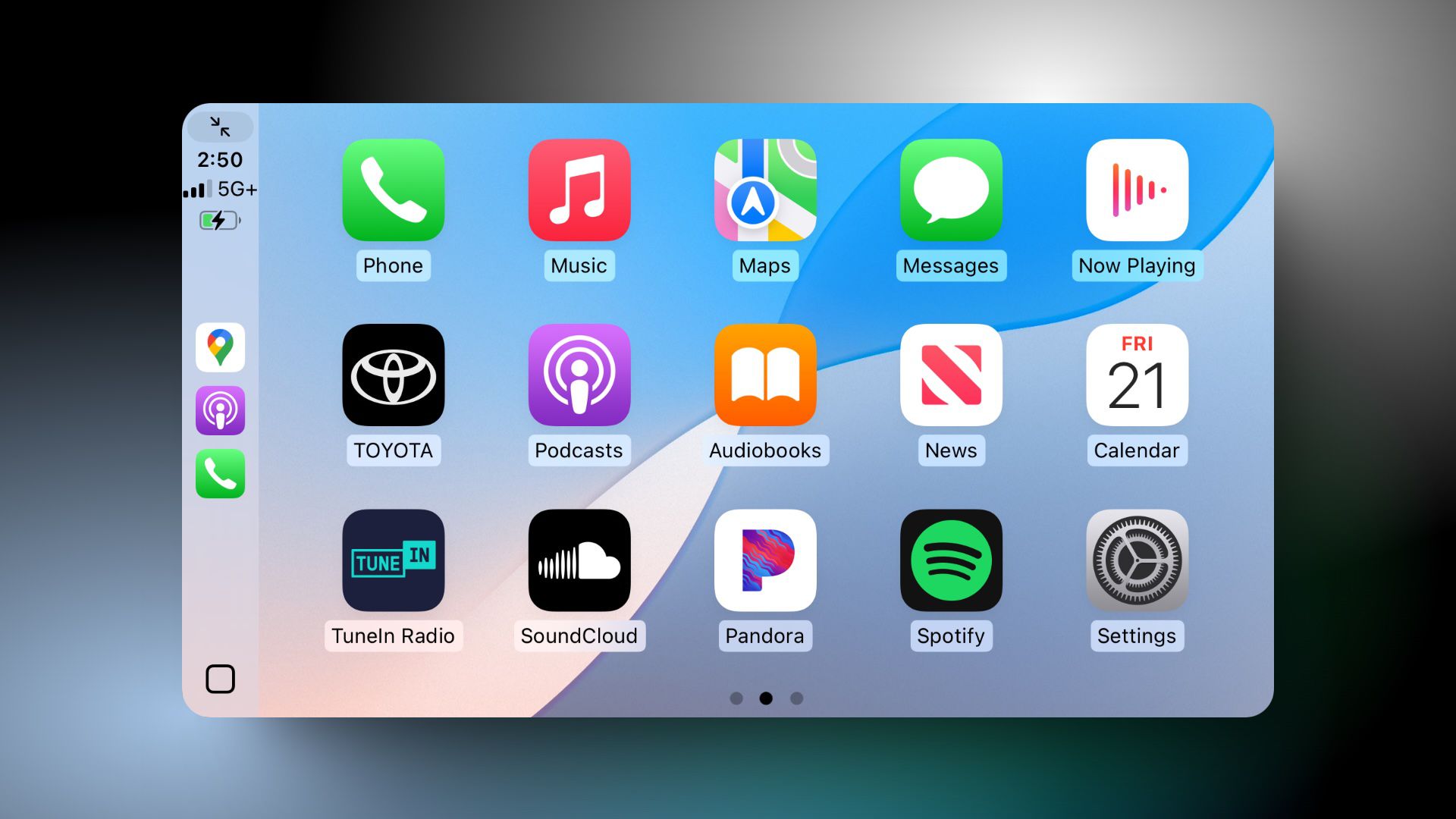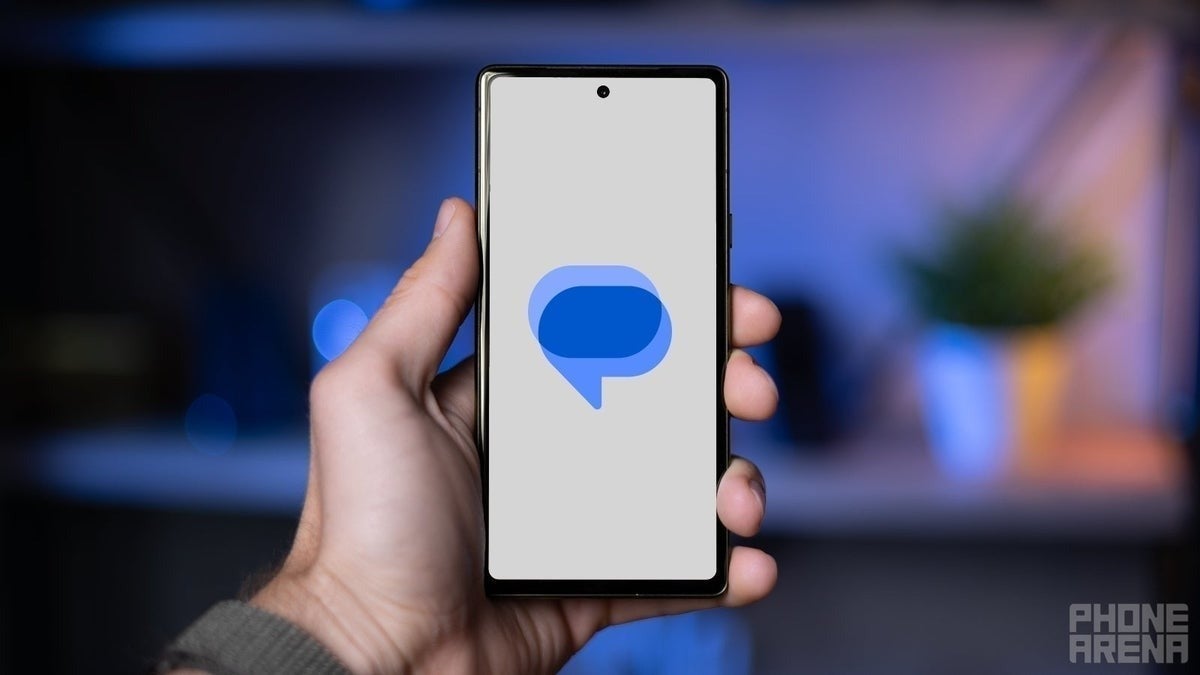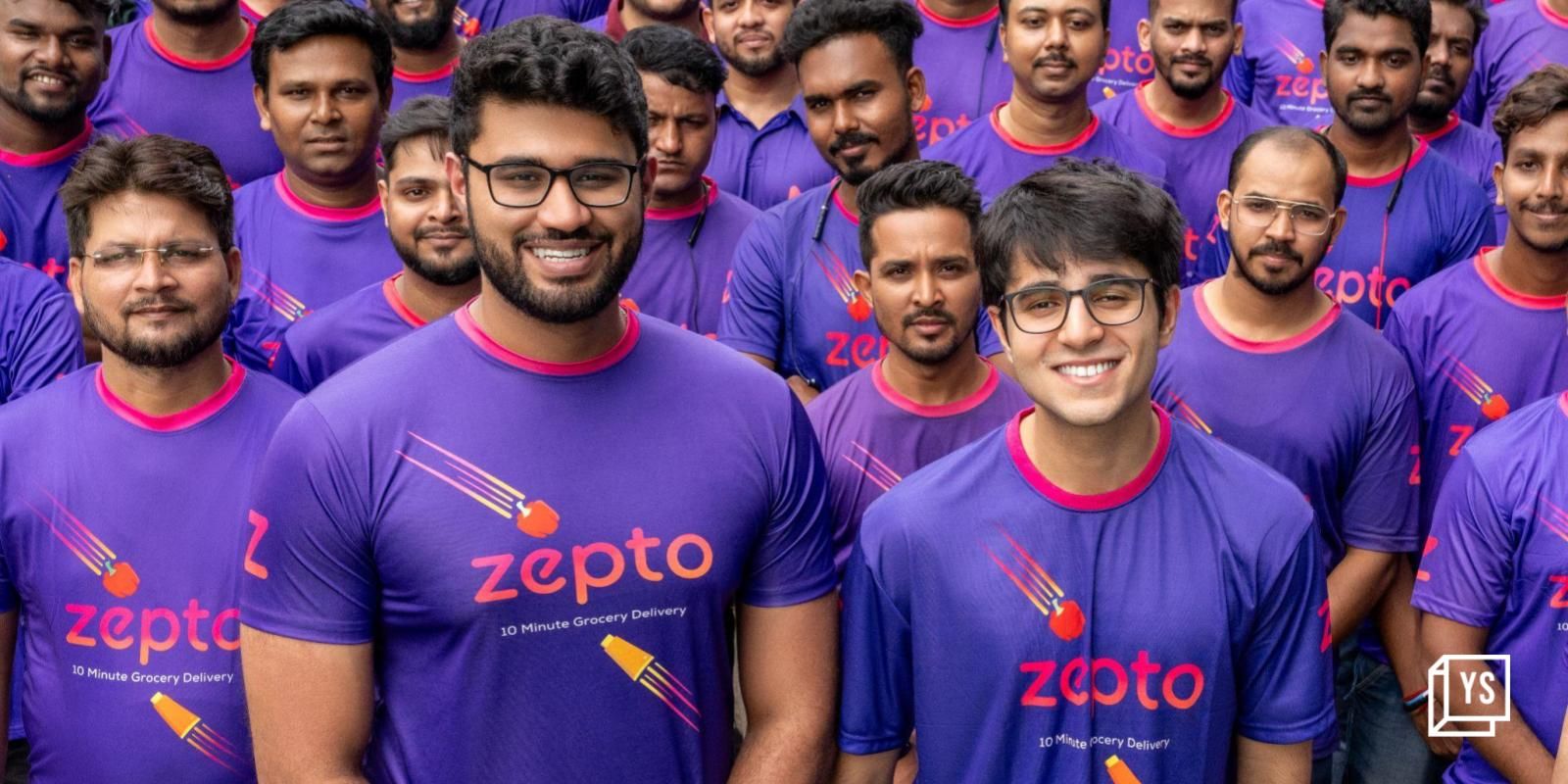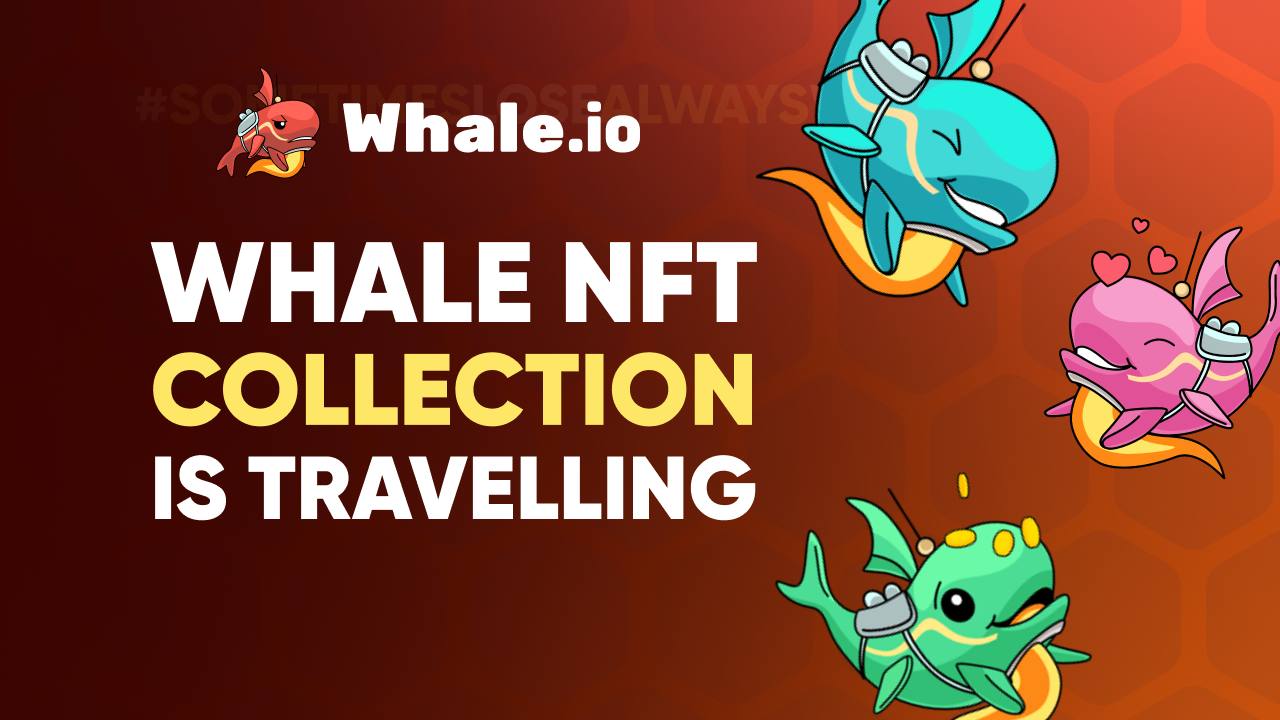Popular VPNs are routing traffic via Chinese companies, including one with link to military
Up to one in five of the most popular mobile VPNs are owned by Chinese companies that do their best to hide the fact.

Up to one in five of the most popular mobile VPNs for iOS last year are owned by Chinese companies that do their best to hide the fact. In at least one case, the owner is on a US blacklist.
That’s according to a report from the non-profit Tech Transparency Project (TTP), who investigated the top 100 mobile VPN apps downloaded from Apple’s App Store as documented by mobile intelligence company AppMagic.
Mobile VPNs are apps that connect your smartphone to the internet via different computers around the world. People use them to make it look as though they’re connecting from elsewhere, often to dodge local censorship or to access commercial content not available in their region, or just because they’re concerned about privacy.
The downside is that you must be able to trust the company that operates those computers. After all, they get to see all of your traffic as it passes through those channels.
The TTP warns that a large proportion of the most popular mobile VPN apps in the Apple App Store are owned by Chinese companies. These include Qihoo 360, which is classified as a Chinese military company by the US Department of Defense.
Several mobile VPNs linked to Chinese military
According to the TTP report, Qihoo acquired an app development company called Guangzhou Quanyong. The company developed several mobile apps for Innovative Connecting Pte. Ltd, a Singapore-registered company owned by another company called Lemon Seed, registered in the Cayman Islands.
Innovative Connecting developed an app called Turbo VPN, which was marketed to Spanish-speaking people in the US as a way to circumvent proposed restrictions when accessing Chinese-owned social network TikTok. The company developed several other VPNs in the top 100, including VPN Proxy Master and Thunder VPN. It is also responsible for others that didn’t make it into the top 100: Snap VPN, and Signal Secure VPN.
Chinese company 360 Security Technology, also known as Qihoo 360, purchased Lemon Seed, according to its 2019 annual report.
Not only is Qihoo 360 classified as a Chinese military company in the US, in June 2025 the US government also placed Qihoo 360 on its Entity List, which is a list of companies maintained under the US government’s Export Administration Regulations (EAR).
The Entity List identifies entities that the US believes pose a risk to its national security. It added Qihoo 360 and others to the list citing “reasonable cause to believe that these entities pose a significant risk of becoming involved in activities — the procurement of commodities and technologies for military end-use in China—that are contrary to the national security interests of the United States.”
Three months later, Qihoo 360 sold a package of assets under the banner ‘Project L’, which the TTP investigation believes contained Lemon Seed based on the description of its acquisition date in the public filing.
In spite of the sale, TTP suggests an ongoing link between the two companies after the sale, based on March 2025 filings that list its sole director as Chen Ningyi, who shows up on a Qihoo 360 patent in 2017 and who appears to be a general manager for Qihoo’s mobile security app 360 Mobile Guard.
Shell companies and proxy ownership
Apps developed by Innovative Connecting aren’t the only with possible links to China, according to the report. It traced several back to companies in Hong Kong. The island city has come under increasingly strict Chinese control lately with the passage a year ago of Article 23, a bill applying strict penalties for a broad array of activities deemed anti-Chinese.
The report found several VPN apps registered to Hong Kong companies, often owned by people or entities on the mainland. These included X-VPN, VPNIFY, VPN Bucks, LinkWorldVPN, VPN Proxy OvpnSpider, and Best VPN Proxy AppVPN.
It also found some registered in other parts of the world that appeared to be Chinese products operating through proxies. One, WireVPN – Fast VPN & Proxy, was registered in the UK but is controlled by a single Chinese national via a shell company. It shares a privacy policy with another similarly-named product registered in Belize called Wirevpn – Secure & Fast VPN. Both use language lifted directly from Chinese privacy regulations.
While VPNs are a useful way to achieve some privacy online, this report highlights the importance of due diligence when choosing a technology provider. Not all VPNs are created equal – and just because they’re in Apple’s App Store doesn’t mean that they’re automatically above board.
How to find a VPN you can trust
Consider the jurisdiction:
- As evidenced by the TTP report, the VPN provider’s location matters. Be wary of VPNs based in countries that require intelligence-sharing with their governments
Look for these security features:
- Strong encryption protocols (like 256-bit ChaCha20) are vital.
- A “kill switch” is important; it disconnects your internet connection if the VPN drops, preventing data leaks.
- Look for VPNs that support secure protocols like WireGuard
Read the privacy policy:
- A “no-log” policy is essential. This means the VPN provider should not track, store, or share your browsing history, IP address, or any of your network data
- Carefully read the privacy policy to understand what data is collected and how it’s used.
Consider Malwarebytes Privacy VPN:
Of course we’d say that. But with a 256-bit ChaCha20 encryption, lightning-fast Wireguard protocols, and a strict no-log policy, you can be sure that Malwarebytes Privacy VPN will never track, store, or share any network data.










































































































































































![[The AI Show Episode 142]: ChatGPT’s New Image Generator, Studio Ghibli Craze and Backlash, Gemini 2.5, OpenAI Academy, 4o Updates, Vibe Marketing & xAI Acquires X](https://www.marketingaiinstitute.com/hubfs/ep%20142%20cover.png)

































































































































































































































































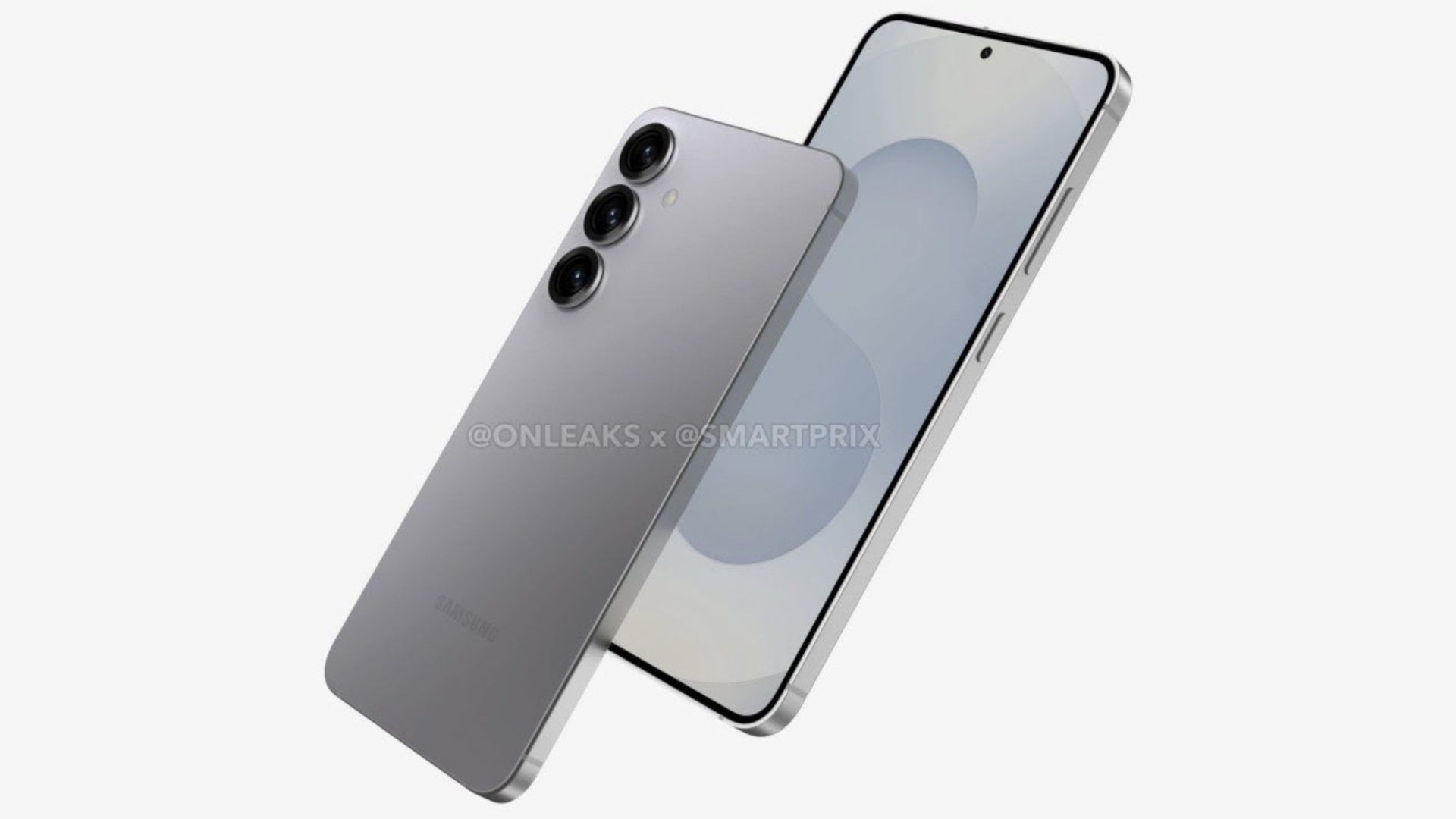












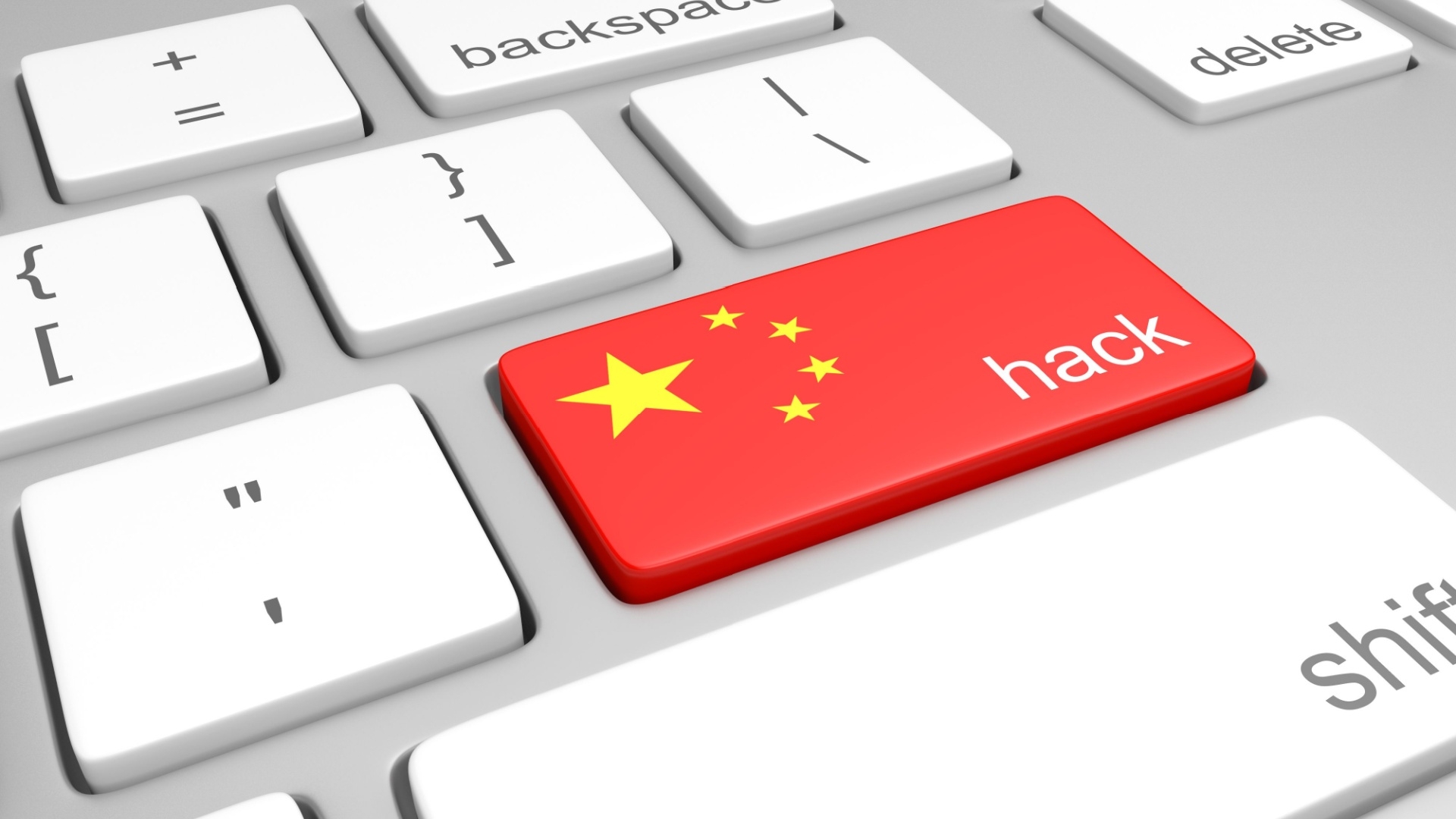


























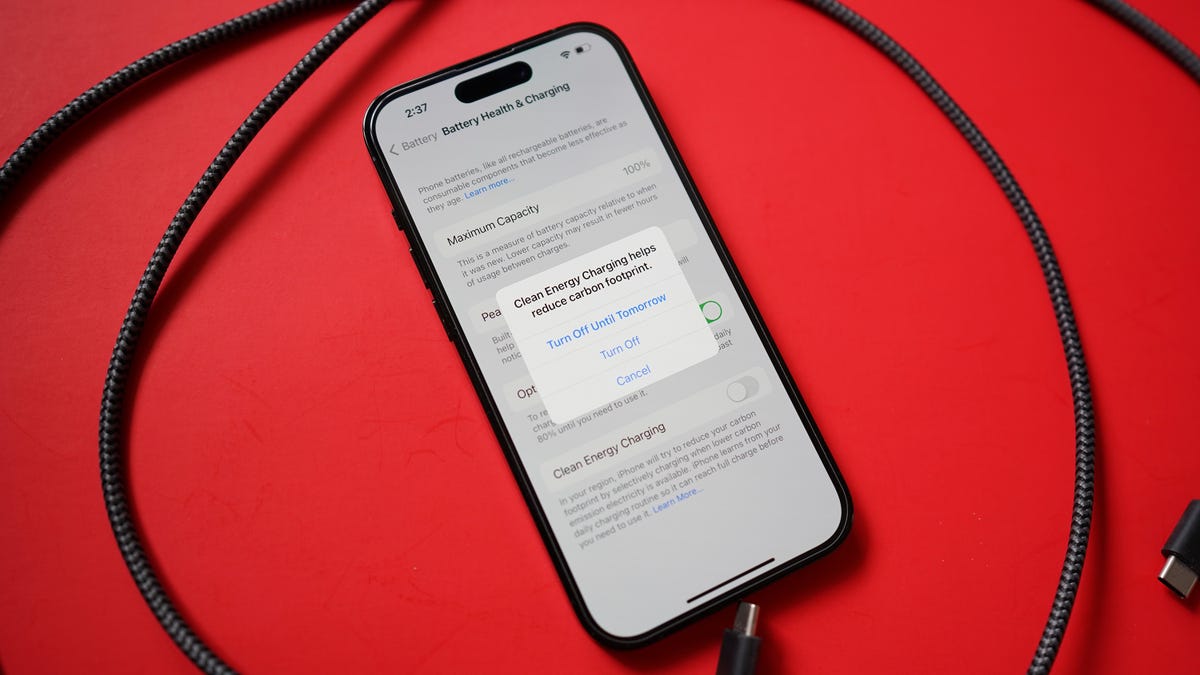









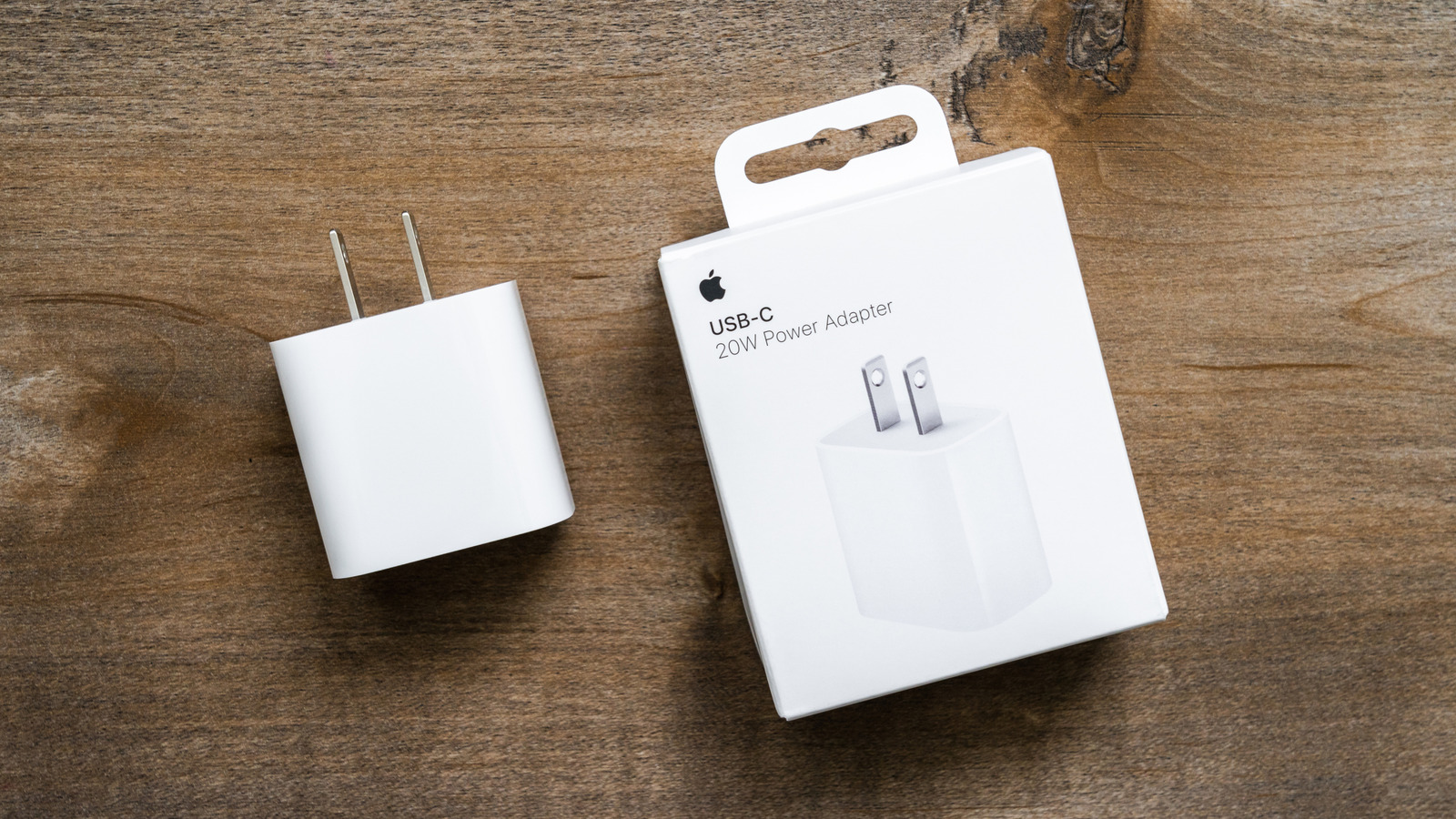













































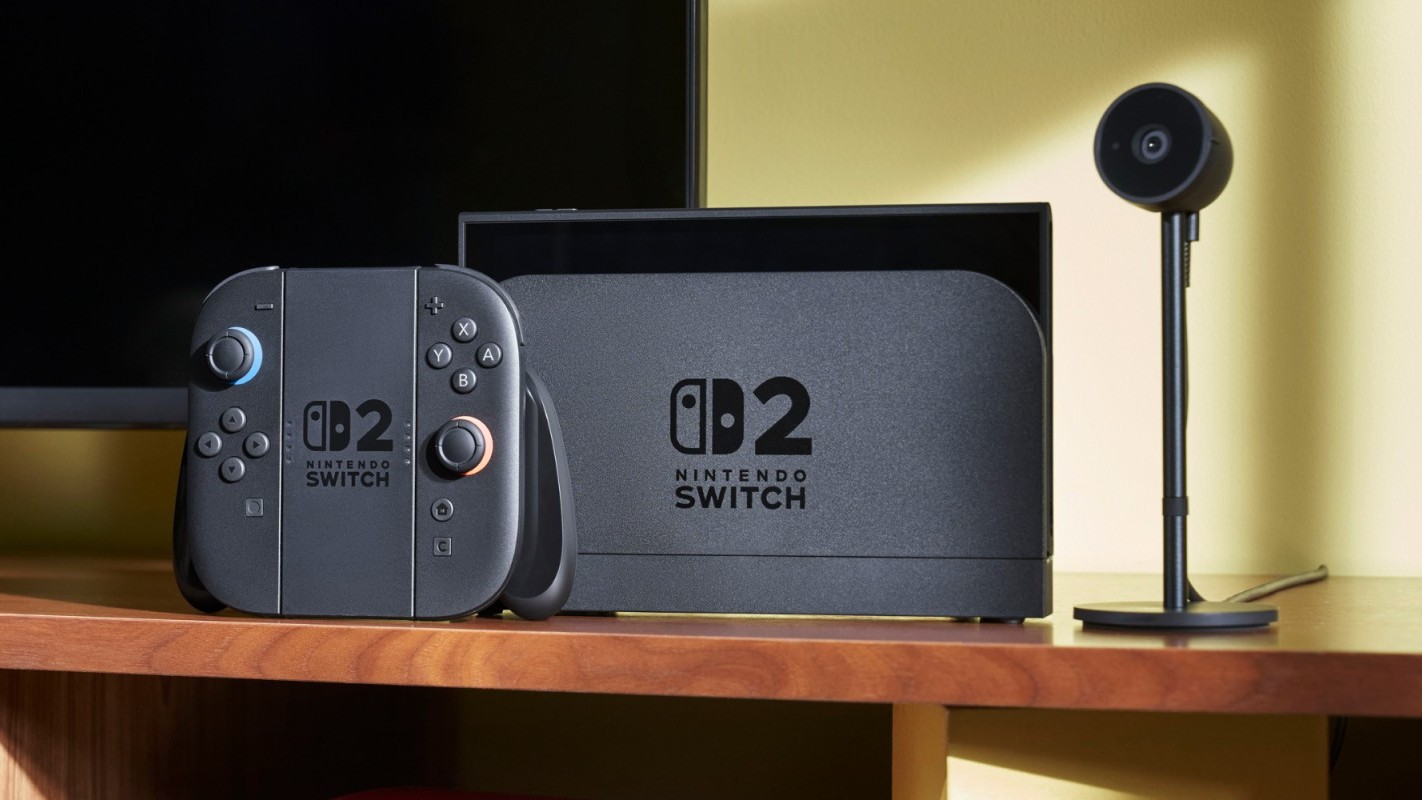



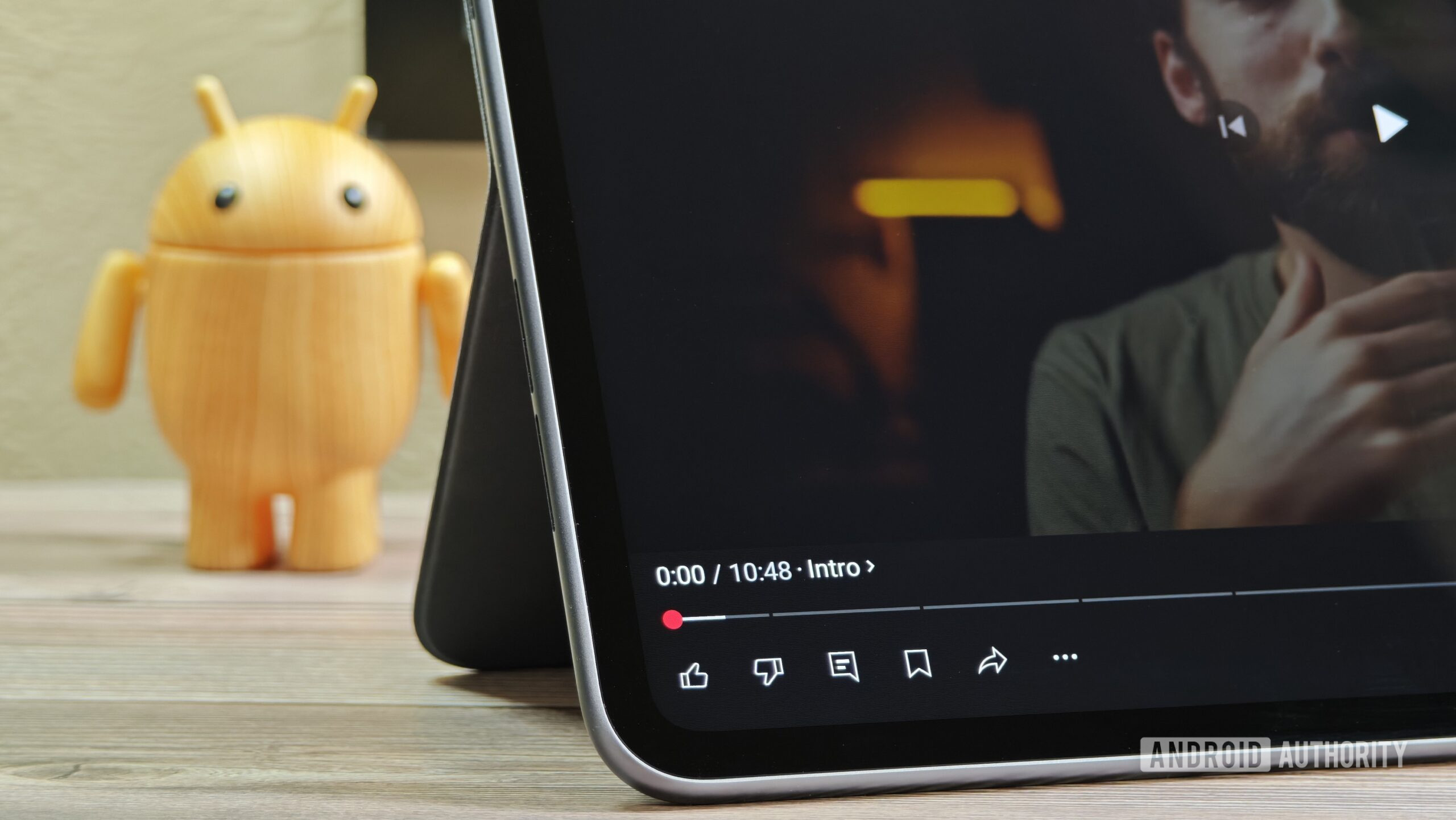
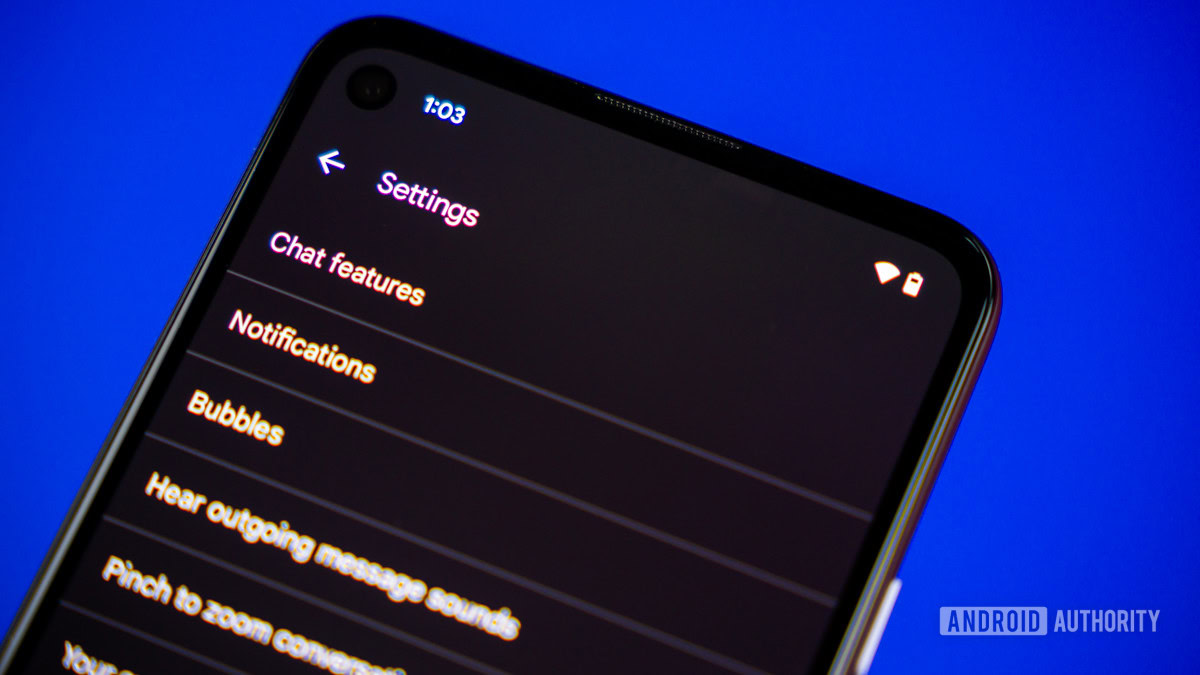

















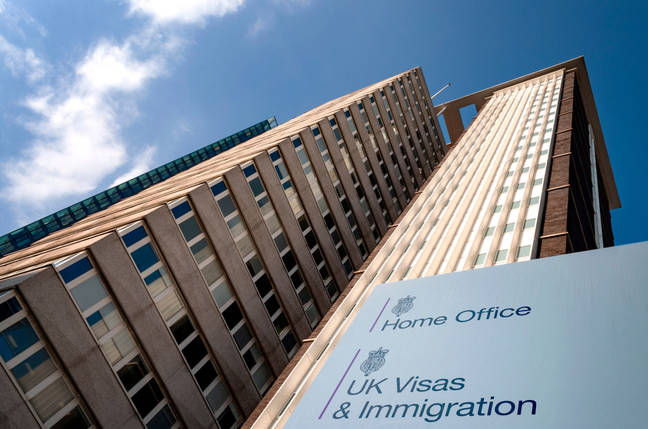


![YouTube Announces New Creation Tools for Shorts [Video]](https://www.iclarified.com/images/news/96923/96923/96923-640.jpg)

![Apple Faces New Tariffs but Has Options to Soften the Blow [Kuo]](https://www.iclarified.com/images/news/96921/96921/96921-640.jpg)











